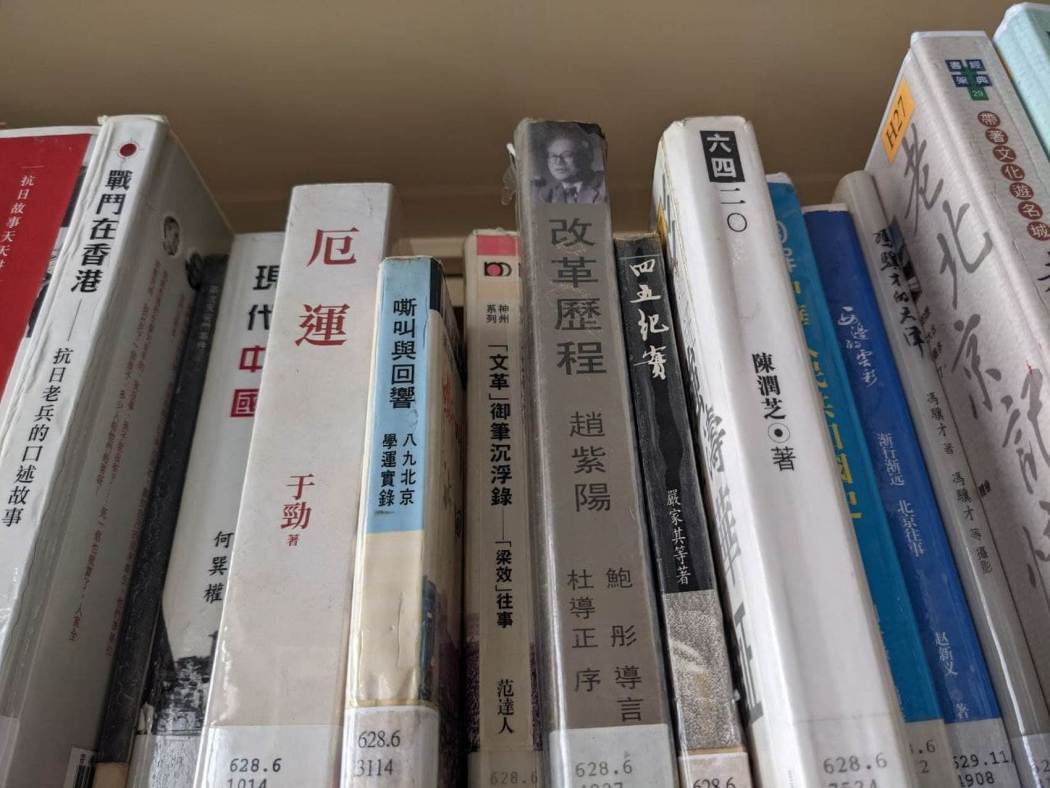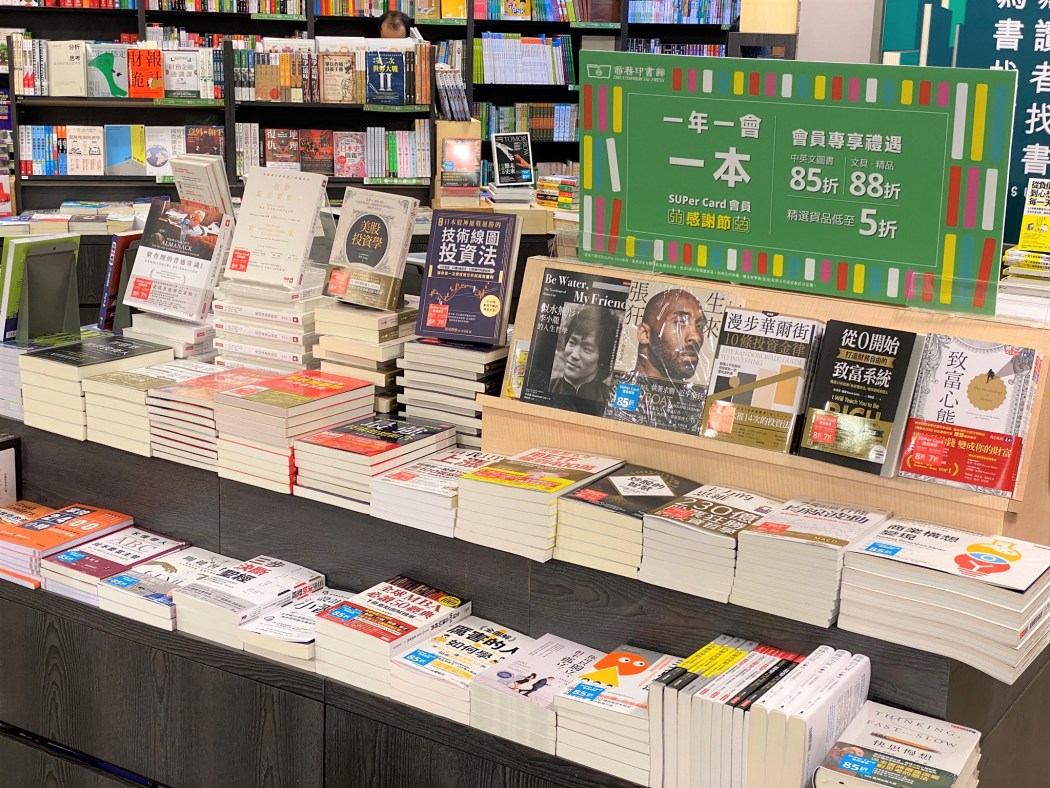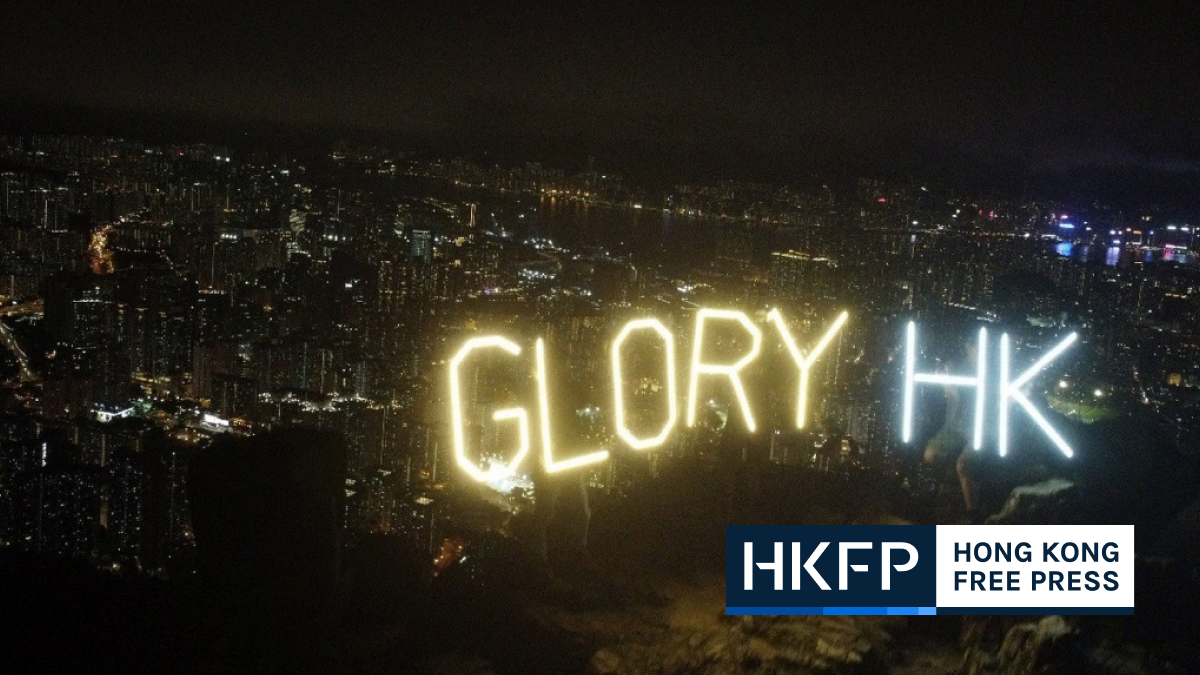The Hong Kong government has a duty to identify books with “bad ideologies,” Chief Executive John Lee has said at a Q&A session at the legislature on Thursday, after hundreds of political titles were purged from the city’s libraries.
During his first “interactive” consultation session with lawmakers at the Legislative Council (LegCo), the city’s leader said certain library books should not be recommended to the public.

Tik Chi-yuen, a self-declared non-establishment legislator, was the first to raise questions at Thursday’s session. The book removals made people feel that the freedom of speech was “jeopardised,” the Third Side politician said. He asked the chief executive how the government would strike a balance between safeguarding national security and protecting free speech, and whether it could restore people’s confidence.
In response, Lee said the government would only recommend titles which reflected values it wished to foster in society. Members of the public could still access books that were removed from public libraries “on their own accord,” he added.
“Books we are lending to the public are those recommended by the government. We would not recommend books that are illegal, have copyright issues or those with bad ideologies,” Lee said.
On Tuesday, Lee said Hongkongers can still obtain book from private bookstores, however few continue to sell politically sensitive titles.
Apart from books pulled from government-managed libraries, the Third Side politician pointed to last week’s suspension of a long-standing newspaper comic strip by satirist “Zunzi” Wong Kei-kwan.

He also cited the organisers of Cheung Chau’s “Piu Sik” – or “Floating Colours” parade, who said they were “steering clear of the red lines,” as the national security law was “not really clear.”
The annual parade, which is a part of the traditional Cheung Chau Bun Festival, has seen participants dressed up as political figures in previous years.
Lee told the legislature that freedom of speech was safeguarded by the Basic Law, while the national security law also specified that human rights shall be protected.
“Not a single word was changed in the Basic Law,” Lee said, adding that the Beijing-enacted security legislation was very clear “if people paid attention carefully.”
Opaque criteria of censoring books
After Ming Pao announced it would axe Zunzi’s comic strip last week following repeated government complaints, local media reported that various books had been pulled from public libraries. Among the volumes removed were titles featuring Zunzi’s drawings related to the 1989 Tiananmen crackdown, and books on Chinese politics and history.

The Tiananmen crackdown occurred on June 4, 1989 ending months of student-led demonstrations in China. It is estimated that hundreds, perhaps thousands, died when the People’s Liberation Army cracked down on protesters in Beijing.
According to online news outlet The Collective, at least 255 digital Chinese books have been removed from public libraries over the past three years. Among them, 40 per cent featured “political or sensitive issues and figures” – titles by Chinese dissidents Liu Xiaobo and Wang Dan, as well as Hong Kong legal scholar Benny Tai were included. Tai could face up to life in prison in a landmark national security case against 47 pro-democracy figures.
Last month, Hong Kong government auditors called on the department managing the city’s public libraries to “step up efforts” to make sure library materials did not threaten national security.
Chui Yat-hung, a member of the Public Libraries Advisory Committee, said on RTHK on Wednesday that the panel had not had a “thorough discussion” on the pulling of books from public libraries. The government should list out the reasons for removal, he said, adding setting up an appeal mechanism would be more ideal.
In June 2020, Beijing inserted national security legislation directly into Hong Kong’s mini-constitution – bypassing the local legislature – following a year of pro-democracy protests and unrest. It criminalised subversion, secession, collusion with foreign forces and terrorist acts, which were broadly defined to include disruption to transport and other infrastructure. The move gave police sweeping new powers, alarming democrats, civil society groups and trade partners, as such laws have been used broadly to silence and punish dissidents in China. However, the authorities say it has restored stability and peace to the city.
Support HKFP | Policies & Ethics | Error/typo? | Contact Us | Newsletter | Transparency & Annual Report | Apps
Help safeguard press freedom & keep HKFP free for all readers by supporting our team

latest national security stories
In June 2020, Beijing inserted national security legislation directly into Hong Kong’s mini-constitution – bypassing the local legislature – following a year of pro-democracy protests and unrest. It criminalised subversion, secession, collusion with foreign forces and terrorist acts, which were broadly defined to include disruption to transport and other infrastructure. The move gave police sweeping new powers, alarming democrats, civil society groups and trade partners, as such laws have been used broadly to silence and punish dissidents in China. However, the authorities say it has restored stability and peace to the city.
Support HKFP | Policies & Ethics | Error/typo? | Contact Us | Newsletter | Transparency & Annual Report | Apps
Help safeguard press freedom & keep HKFP free for all readers by supporting our team

HKFP has an impartial stance, transparent funding, and balanced coverage guided by an Ethics Code and Corrections Policy.
Support press freedom & help us surpass 1,000 monthly Patrons: 100% independent, governed by an ethics code & not-for-profit.































